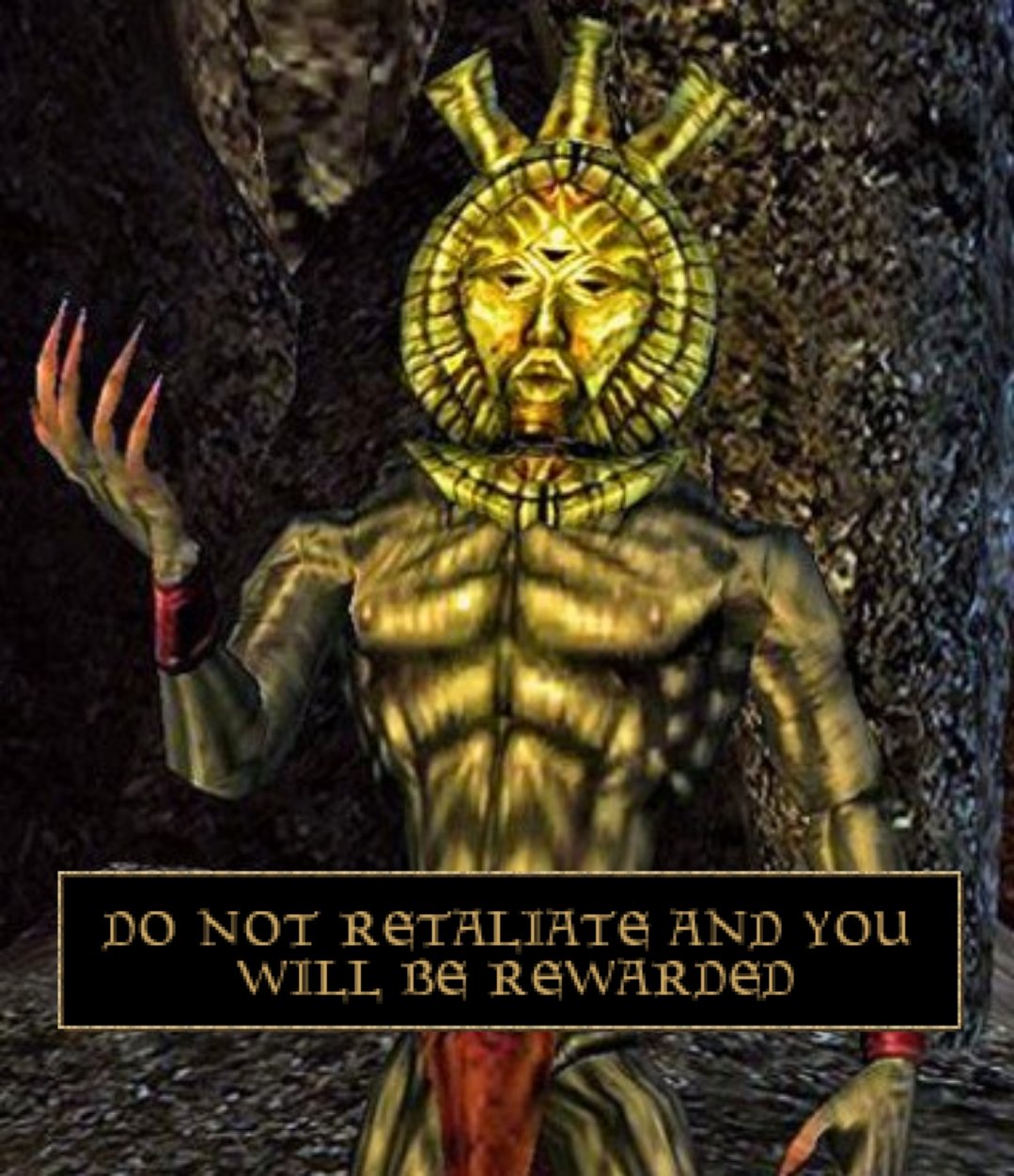In light of the recent No Kings protest which is almost certainly inorganic, unauthentic, and just ended abruptly, I want to make a case for what could have been, a popular movement towards anarchism. On its face, the idea that there should be no kings strikes against authoritarianism, but what they say isn't what they actually want, a tyranny of the minority. In case it isn't painfully obvious, the left vs. right political axis hasn't been relevant for a very long time, the real conflict space is top vs. bottom, authority vs. liberty, and genetic haplogroups vs. each other.
A case for natural rights

Rights can not be granted by the same entity which denies them, the Universal Declaration of Human Rights is Fake and Gay! A government can not be expected to respect the right to self-expression, privacy, self-defense, bodily autonomy, and so on. These are principles which do not require another human to provide for them, unlike healthcare, and typically food, water and shelter. There is a distinction between gibsmedats and what should be natural rights. It requires a surveillance apparatus to intrude on your privacy, a policeman or a soldier to brutalize you, lawyers and courts to silence you, prisons to deprive you of your liberty should you rebel. States are systems of control which deprive you of liberty to some degree or another, and the masses are taught to accept that the state is the only legitimate power of this world, by state-mandated education.
The characterization of the No Kings protest as non-violent, peaceful protest only demonstrates its absolute ineffectiveness at achieving anything other than the justification for more state surveillance and militarized policing. Deploying the US Marines against US citizens should have been seen as a foreign invasion. The only outcome that they could have possibly achieved, are more deportations, more laws against immigration, and harsher penalties.
Beyond dominator culture

What dominator culture and totalitarian systems have in common is that they rely on fear to maintain control. Whether it is fear of the mob, or fear of kings, all forms of control can be essentially reduced to coercive violence. Anarchism is the rejection of coercion as a means of control by a state. It can only emerge when the people fear their neighbor less than those who reign over them, and ironically the No Kings crowd fears their neighbor more than their own failed state.
Something I find so amusing is that it is rarely the people who study political theory and philosophy who are ever in power: these people may be nerds with a superiority complex, but are unable to enact their will upon others in the real world. This hides a very shameful fact that the people who rule over you are not the cognitive elite, nor especially knowledgeable, they are generally sociopaths who lie without hesitation and use fear to manipulate you.
One does not have to be a scholar on Bakunin or Tolstoy to be an anarchist, though it does help to have a basis of understanding beyond the popular notion that anarchy is just lawlessness and disorder. A functional anarchy looks more like a patchwork of independent communities, ecologies within ecologies, deep nature. The only way to get there is by rendering the government irrelevant, as tyrants will never depose themselves. Even Neocities is a small step towards this goal, bypassing or co-opting the big tech social media parasites towards more pro-social ends. My oomfies, and moots, are my friends.
Christian anarchism
If there was ever a man who was a carpenter by trade, associated with lowly prostitutes and bums, an alien migrant, professional agitator and seditionist wanted for criminal anarchy conspiring to overthrow the established government, call him Jesus Christ. One of Christ's teachings is that we are not citizens of a state, but citizens of Heaven first. This should render passports, national borders, and arbitrary laws moot, if we were to actually follow Christ.
The chapter which is most often quoted in argument against anarchism, Romans 13, is not actually about obedience to a state. It is a claim that the power of the state is ordained by God to be used against evil, what it implies is that laws of the state which run contrary to The Law are null and void. This is echoed by the principle that laws which are repugnant to the US Constitution are null and void, established by Marbury v. Madison in 1803; as above, so below. Now if only the government was actually constrained by the Constitution is another matter...